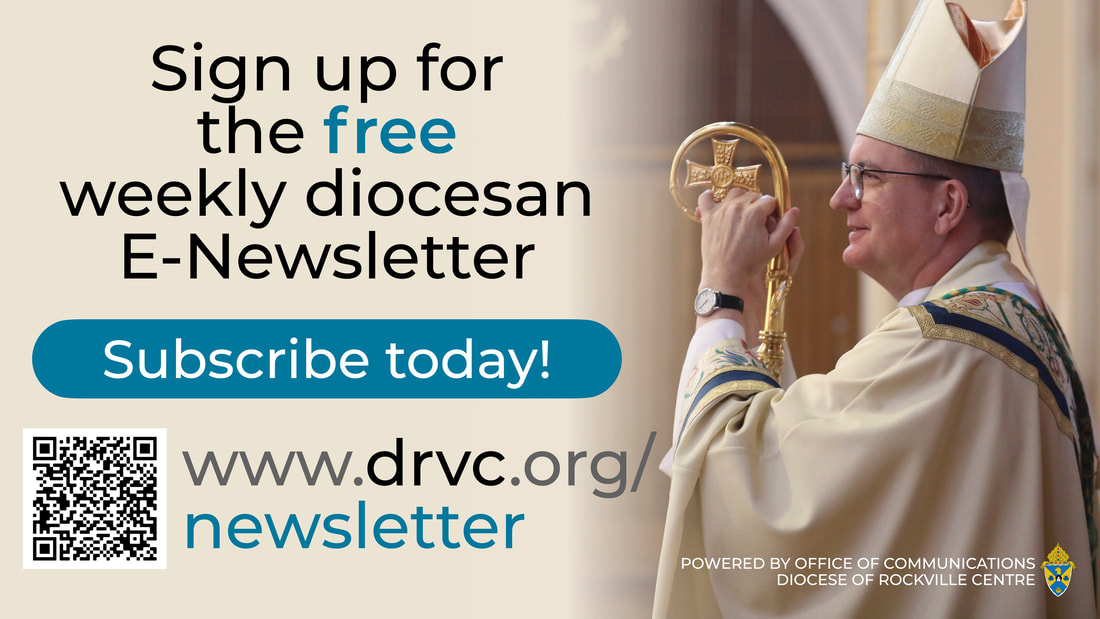"Those who approach the sacrament of Penance obtain pardon from God's mercy for the offense committed against him, and are, at the same time, reconciled with the Church which they have wounded by their sins and which by charity, by example, and by prayer labors for their conversion." - Catechism of the Catholic Church 1422 - 1424
What is Confession?
It is called the sacrament of conversion because it makes sacramentally present Jesus' call to conversion, the first step in returning to the Father from whom one has strayed by sin.
It is called the sacrament of Penance, since it consecrates the Christian sinner's personal and ecclesial steps of conversion, penance, and satisfaction.
It is called the sacrament of confession, since the disclosure or confession of sins to a priest is an essential element of this sacrament. In a profound sense it is also a "confession" - acknowledgment and praise - of the holiness of God and of his mercy toward sinful man.
It is called the sacrament of forgiveness, since by the priest's sacramental absolution God grants the penitent "pardon and peace."
It is called the sacrament of Reconciliation, because it imparts to the sinner the love of God who reconciles: "Be reconciled to God." He who lives by God's merciful love is ready to respond to the Lord's call: "Go; first be reconciled to your brother."
It is called the sacrament of Penance, since it consecrates the Christian sinner's personal and ecclesial steps of conversion, penance, and satisfaction.
It is called the sacrament of confession, since the disclosure or confession of sins to a priest is an essential element of this sacrament. In a profound sense it is also a "confession" - acknowledgment and praise - of the holiness of God and of his mercy toward sinful man.
It is called the sacrament of forgiveness, since by the priest's sacramental absolution God grants the penitent "pardon and peace."
It is called the sacrament of Reconciliation, because it imparts to the sinner the love of God who reconciles: "Be reconciled to God." He who lives by God's merciful love is ready to respond to the Lord's call: "Go; first be reconciled to your brother."
Confession Schedule
Confessions are held every Saturday from 4 - 5 PM or by appointment.
If you'd like to make an appointment, contact the parish office at 516-628-1113.
If you'd like to make an appointment, contact the parish office at 516-628-1113.
A Few Notes on Confession
The Lord does want us to come to him when we fall into sin. He wants to bring us forgiveness so much that he gave the apostles the power to forgive sins. This power given to the apostles and their successors does not come from within them but from God. Throughout the New Testament, Jesus gave the apostles authority over unclean spirits, the authority to heal, the authority to raise people from the dead, et cetera. No Christian assumes that these powers came from the men themselves, since God is the one that has chosen to use them to manifest his power and mercy.
In the words of Paul, "All this is from God, who through Christ reconciled us to himself and gave us the ministry of reconciliation" (2 Cor. 5:18). The apostles and their successors are merely ambassadors for Christ (2 Cor. 5:20), bringing his forgiveness to the world through the sacraments and the message of the gospel. If God has chosen to bring his message of forgiveness to the world by means of sinful, human ambassadors, why would he not be able to give these messengers the power to forgive and retain sins? And why would this not be a natural way for Jesus to extent his merciful presence on earth for all generations?
If Jesus has set up a way for us to draw near to him and receive his grace, why should we prefer another route? We would be like the three-year-old with his father who, in a rush to get home from the store, begins to run. "Let me pick you up," the father offers. The child says, "No, Dad. I’m fast. Just watch me." It takes them much longer to get home because the child’s pride prevents him from accepting his father’s help. Likewise, God does hear us when we ask for forgiveness, but it is dangerous and often prideful to stay away from what the saints call the "medicine box"—the confessional. Why would a person wish to overcome their sins alone when they have the God-given power of the apostles’ successors at their disposal.
In the words of Paul, "All this is from God, who through Christ reconciled us to himself and gave us the ministry of reconciliation" (2 Cor. 5:18). The apostles and their successors are merely ambassadors for Christ (2 Cor. 5:20), bringing his forgiveness to the world through the sacraments and the message of the gospel. If God has chosen to bring his message of forgiveness to the world by means of sinful, human ambassadors, why would he not be able to give these messengers the power to forgive and retain sins? And why would this not be a natural way for Jesus to extent his merciful presence on earth for all generations?
If Jesus has set up a way for us to draw near to him and receive his grace, why should we prefer another route? We would be like the three-year-old with his father who, in a rush to get home from the store, begins to run. "Let me pick you up," the father offers. The child says, "No, Dad. I’m fast. Just watch me." It takes them much longer to get home because the child’s pride prevents him from accepting his father’s help. Likewise, God does hear us when we ask for forgiveness, but it is dangerous and often prideful to stay away from what the saints call the "medicine box"—the confessional. Why would a person wish to overcome their sins alone when they have the God-given power of the apostles’ successors at their disposal.


